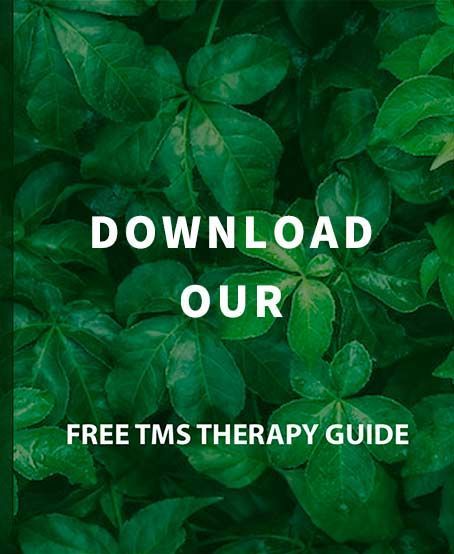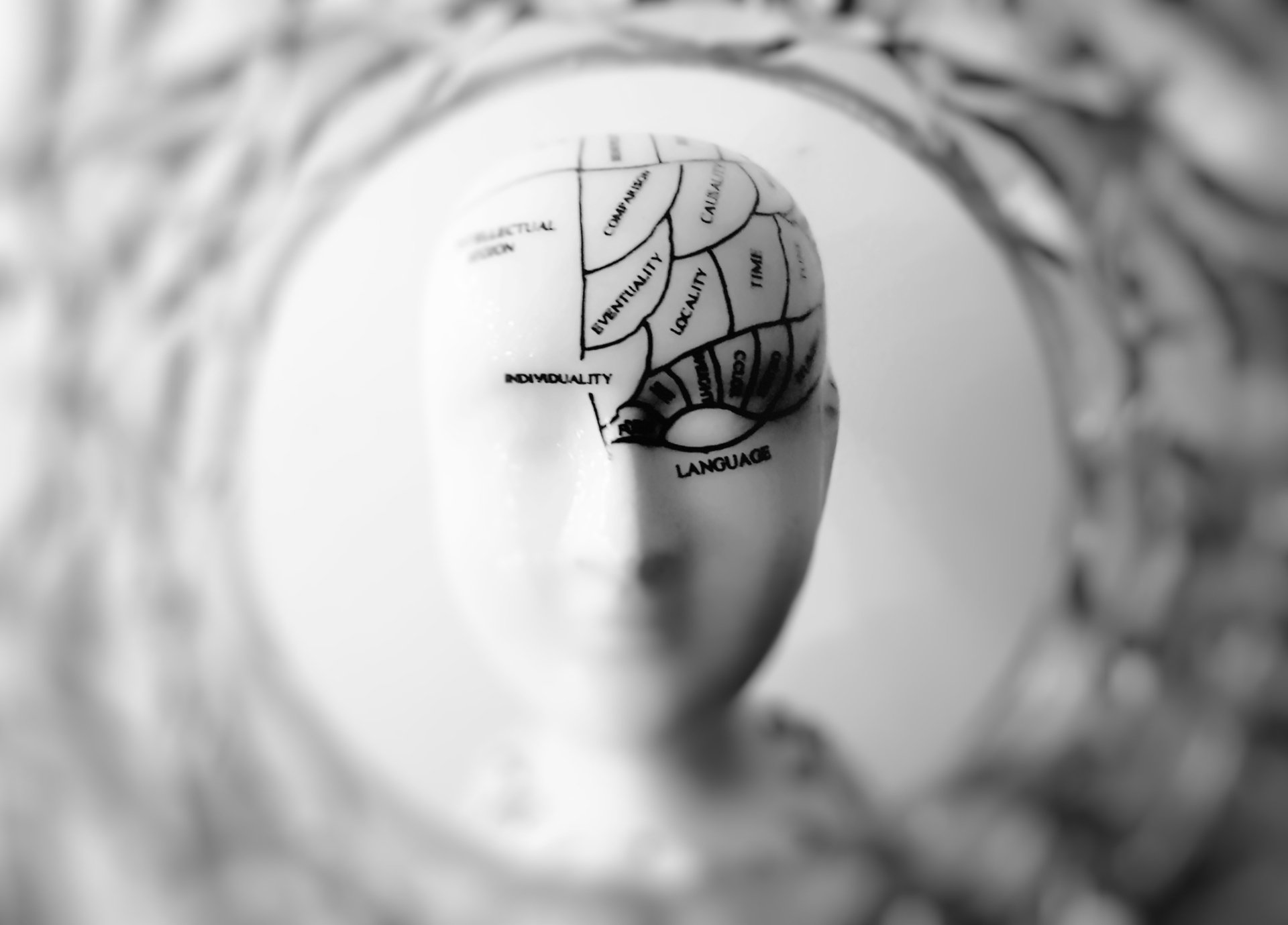Mental Health: When To Seek Help? Key Signs To Look For
Mental health has become an increasingly important topic in today’s fast-paced world. We all face challenges, but sometimes those hurdles can become too overwhelming to handle alone, indicating a potential mental health condition. Knowing when to seek help from a therapist can significantly affect your well-being. This post will guide you through ten clear indicators that it might be time to consult a mental health professional.
Understanding the Importance of Mental Health
Mental health is as vital as physical health. Understanding the difference between normal mental health and mental disorders is crucial for seeking appropriate help. Yet, it’s often overlooked. Just as you would see a doctor for physical ailments, seeking mental health support is essential when dealing with emotional or psychological struggles. According to the National Institute of Mental Health, nearly one in five adults in the U.S. lives with a mental illness, emphasizing the need for timely intervention and support.
Many people hesitate to seek therapy due to societal stigma or misconceptions. However, recognizing the importance of mental health is the first step toward leading a balanced and fulfilling life. Therapy provides a safe space to explore your thoughts and feelings without judgment, helping you develop coping strategies and gain valuable insights into your behavior. If you’re unsure whether therapy is right for you, consider these ten signs that may indicate it’s time to reach out to a professional.
Recognizing Mental Health Challenges
Recognizing mental health challenges is crucial for seeking help and support. Mental health challenges can manifest in various ways, and being aware of the warning signs can make a significant difference. Some common signs to look out for include:
- Changes in mood or behavior
- Disruption to daily life
- Negative impact on relationships, work, or school performance
- Physical symptoms or panic attacks
- Suicidal thoughts or behavior
If you or someone you know is experiencing these symptoms, it’s essential to seek help from a mental health professional. Early intervention can prevent what could become a serious mental illness. Remember, acknowledging these warning signs and reaching out for support is a vital step towards better mental health.
Persistent Feelings of Sadness or Hopelessness as a Mental Health Condition
Experiencing sadness is a natural part of life. However, when these feelings persist for weeks or even months, it might be time to seek help. Depression can manifest in various ways, including a lack of interest in activities you once enjoyed, changes in appetite, and difficulty concentrating. According to the American Psychological Association, depression is a common yet serious mood disorder that affects millions worldwide.
Therapy can provide valuable tools to combat depression, including cognitive-behavioral techniques that help change negative thought patterns. A therapist can also help you uncover the root causes of your sadness and develop strategies to manage your symptoms effectively.
Don't wait for these feelings to worsen. Seeking help early on can prevent more severe mental health issues down the road.
Struggling to Cope with Loss or Grief
Loss is an inevitable part of life, but that doesn't make it any easier to handle. Whether it's the death of a loved one, the end of a relationship, or a major life transition, grief can be overwhelming. The Kübler-Ross model outlines the five stages of grief—denial, anger, bargaining, depression, and acceptance—but everyone experiences these stages differently.
Therapists specializing in grief can offer support and guidance as you process your emotions. They can help you find meaning in your loss and develop healthy coping mechanisms to move forward. It's crucial to acknowledge your feelings and seek help if you're struggling to cope with grief.
Remember, there's no "right" way to grieve. Therapy can provide the tools and support needed to navigate this challenging time.
Anxiety Interfering with Daily Life
Anxiety is a normal reaction to stress, but when it becomes chronic or debilitating, it can significantly impact your daily life. Generalized Anxiety Disorder (GAD), panic disorder, and social anxiety are just a few examples of anxiety disorders that affect millions of people worldwide.
Symptoms of anxiety can include constant worry, restlessness, fatigue, and physical symptoms like a racing heart or sweaty palms. If anxiety is preventing you from living your life to the fullest, it may be time to seek therapy. Cognitive-behavioral therapy (CBT) is an effective treatment for anxiety, teaching you how to identify and change unhelpful thought patterns.
A therapist can work with you to develop coping strategies and relaxation techniques that reduce anxiety and improve your overall well-being.
Difficulty Managing Anger or Frustration
While anger is a natural emotion, it's essential to express it in healthy ways. Uncontrolled anger can lead to damaged relationships, poor decision-making, and increased stress levels. According to the American Psychological Association, anger management therapy can help individuals learn to control their anger and express it constructively.
If you find yourself frequently losing your temper or struggling to manage frustration, it might be time to consider therapy. A therapist can help you understand the triggers behind your anger and teach techniques to calm down before reacting.
Learning to manage anger effectively can lead to healthier relationships, improved communication skills, and a more peaceful state of mind.
Experiencing Relationship Difficulties
Relationships can be challenging, whether they involve family, friends, or romantic partners. Communication breakdowns, unresolved conflicts, and trust issues can lead to ongoing tension and dissatisfaction. Couples therapy or individual therapy focused on relationships can provide the tools needed to improve communication and resolve conflicts.
A therapist can help you identify unhealthy patterns in your relationships and develop strategies to build stronger connections. By working through these issues in therapy, you can gain a deeper understanding of yourself and your relationships.
Healthy relationships are essential for emotional well-being. Therapy can help you build and maintain fulfilling connections with those around you.
Struggling with Substance Abuse or Addictive Behaviors
Substance abuse and addictive behaviors can have devastating effects on your life and the lives of those around you. Whether it's alcohol, drugs, gambling, or compulsive internet use, addiction can lead to physical, emotional, and financial consequences.
Therapy can play a crucial role in recovery, providing support and guidance as you work towards sobriety. Therapists specializing in addiction can help you understand the underlying causes of your behavior and develop coping strategies to avoid relapse.
Recovery is a lifelong process, but therapy can provide the tools and support needed to build a healthier, more fulfilling life.
Experiencing Trauma or PTSD
Traumatic experiences can have lasting effects on your mental health. Post-traumatic stress disorder (PTSD) is a condition that affects individuals who have experienced or witnessed traumatic events, such as accidents, natural disasters, or violence.
Symptoms of PTSD can include flashbacks, nightmares, avoidance of reminders of the trauma, and hyperarousal. If left untreated, these symptoms can interfere with daily life and relationships.
Therapy, particularly trauma-focused approaches like Eye Movement Desensitization and Reprocessing (EMDR) or trauma-focused CBT, can help individuals process their trauma and learn to manage their symptoms. A therapist can provide a safe space to explore your emotions and work towards healing.
Feeling Isolated or Alone
Everyone feels lonely from time to time, but chronic feelings of isolation can negatively impact your mental health. Social connections are essential for emotional well-being, and therapy can help you build and strengthen these connections.
A therapist can work with you to identify barriers to social interaction and develop strategies to overcome them. Whether you're struggling with shyness, social anxiety, or a lack of support, therapy can provide the tools needed to build meaningful relationships.
Remember, you're not alone. Therapy can help you connect with others and improve your overall quality of life.

Experiencing Changes in Sleep or Appetite
Changes in sleep patterns or appetite can be indicators of underlying mental health issues. Insomnia, excessive sleeping, changes in appetite, and weight fluctuations can all be signs of depression, anxiety, or stress-related disorders.
If you've noticed significant changes in your sleep or eating habits, it may be time to consult a therapist. Addressing these symptoms early on can prevent more severe mental health issues down the road.
Therapy can help you develop healthy sleep and eating habits, improving your physical and emotional well-being.
Feeling Overwhelmed by Life's Challenges
Life can be overwhelming at times, but if you're constantly feeling stressed or unable to cope, therapy can provide much-needed support. A therapist can help you identify sources of stress and develop strategies to manage them effectively.
By learning how to cope with life's challenges, you can regain control and improve your overall quality of life. Therapy offers a space to explore your thoughts and feelings, helping you gain new perspectives and build resilience. Don't wait until stress becomes unmanageable. Seeking therapy can provide the tools and support needed to thrive in the face of adversity.
Finding a Mental Health Professional
Finding a mental health professional can feel overwhelming, but there are several ways to make the process easier. Here are some steps you can take:
- Ask for a referral: Your primary care physician or a trusted healthcare professional can provide recommendations.
- Search online: Look for therapists in your area or consider online therapy options.
- Contact mental health organizations: Organizations like the American Psychiatric Association or private therapy clinics can offer guidance.
- Check with your insurance provider: They may have a list of in-network mental health professionals.
- Specialization: Look for a therapist who specializes in your specific needs or concerns.
When searching for a mental health professional, consider their qualifications, experience, and approach. You can ask questions like:
- What experience do you have working with clients with concerns like mine?
- What approach or therapy style do you use?
- How will we work together to achieve my goals?
Finding the right mental health professional is a crucial step towards effective treatment and support.
Overcoming Barriers to Seeking Help
Seeking help for mental health challenges can be difficult due to various barriers. Some common obstacles include:
- Stigma and shame
- Lack of access to mental health services
- Cost and insurance coverage
- Fear of being judged or labeled
To overcome these barriers, it’s essential to remember that seeking help is a sign of strength, not weakness. Here are some ways to navigate these challenges:
- Educate yourself and others: Understanding mental health and mental illness can reduce stigma.
- Reach out for support: Talk to a trusted friend, family member, or mental health professional.
- Look for affordable options: Many therapists offer sliding scale fees, and online therapy can be more cost-effective.
- Consider online therapy or support groups: These can provide flexibility and anonymity.
- Consult a local provider: Accentus Health provides mental health services for greater Indianapolis.
Remember, seeking help is a brave and important step towards recovery. Don’t let barriers prevent you from getting the support you need.
The Importance of Seeking Professional Help
Recognizing the need for therapy is the first step towards healing and personal growth. By addressing mental health concerns early on, you can prevent more severe issues from developing and improve your overall quality of life.
Therapy offers a supportive environment to explore your thoughts and feelings, gain insights into your behavior, and develop coping strategies. Don't hesitate to seek help if you're experiencing any of the signs mentioned above.
Remember, mental health is just as important as physical health. Prioritize your
Ready to take the next step in your mental health journey?
At Accentus Health, we are committed to providing compassionate and comprehensive mental health care tailored to your unique needs.
Whether you are seeking the expertise of a psychiatrist for medication management or the support of a therapist for talk therapy, our team of dedicated professionals is here to help you every step of the way. Contact us to take the first step towards a healthier, happier you with Accentus Health.
Local to Indianapolis? Call us to discuss your options.
(317) 721-4169
QUICK LINKS
FREE CONSULTATION
Experiencing depression or a neurological disorder? Remember, you are not alone. Get help today!

TMS THERAPY CAN HELP WITH:
- Depression
- Lack of Joy
- Sadness and Despair
- Low Mood
- Lethargy
- Insomnia
- Oversleeping
- Social Isolation
- Self-Harm
- Substance Abuse
- Suicidal Ideation
- Alcoholism














